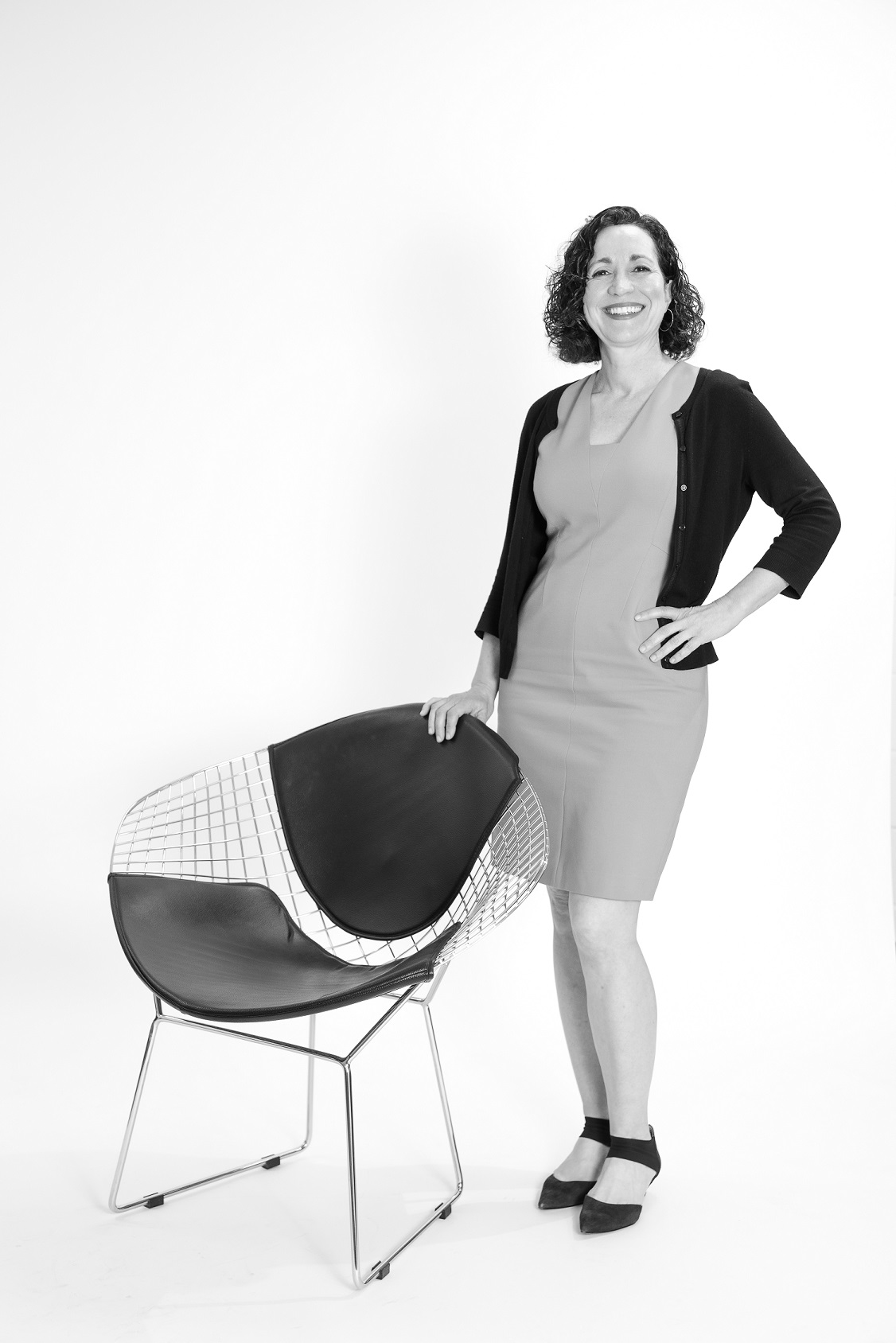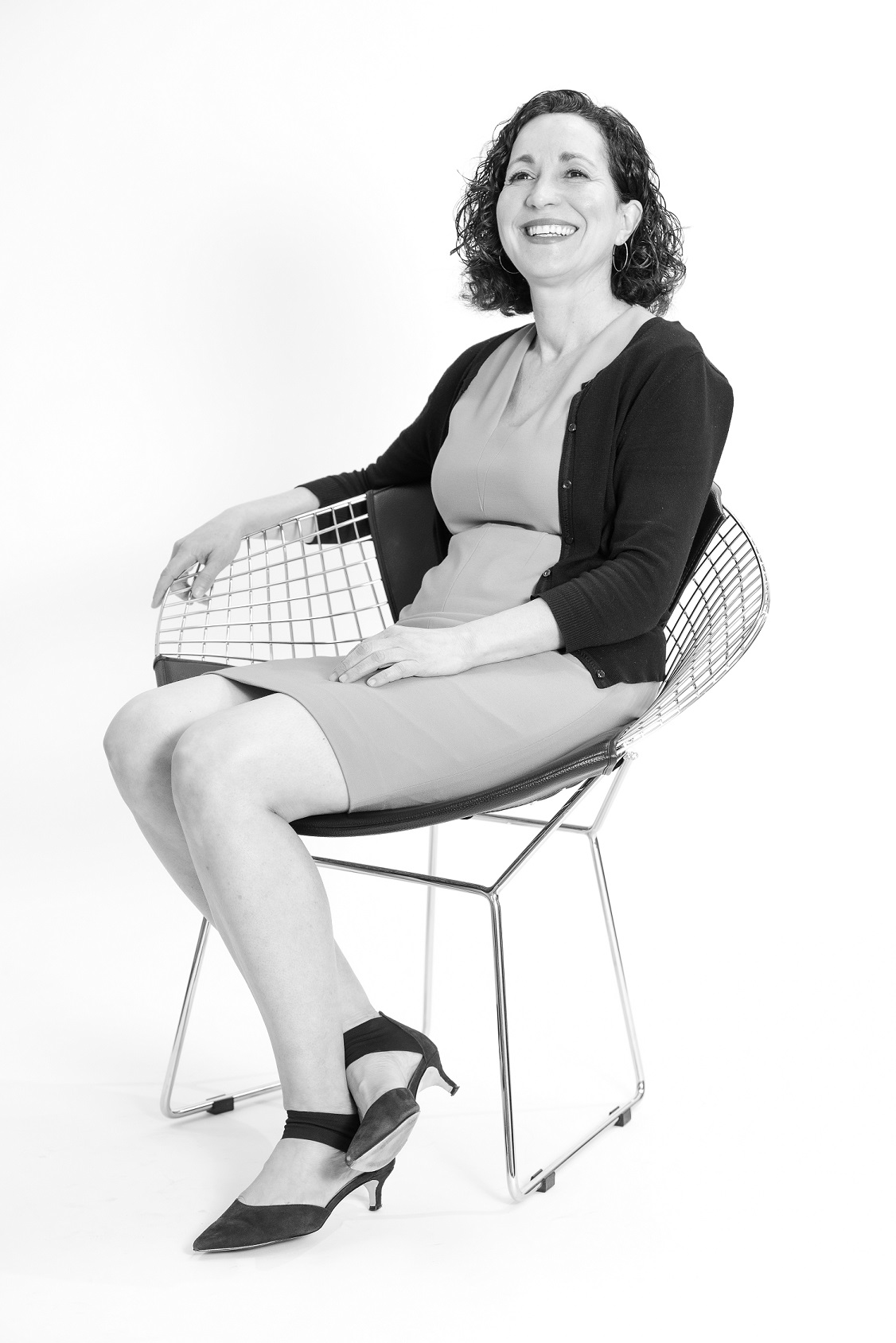Scientist. Breast Cancer Physician. Creative Problem-Solver.

Kathy Weilbaecher will tell you she was brainwashed into becoming a doctor.
Both her father and grandfather were physicians, and her mother was a medical illustrator who would bring human organs home to sketch for textbooks.
“What else could I become?” she asked.
A graduate of Harvard University and Stanford University Medical School, Weilbaecher is a clinician specializing in breast cancer and co-directs the breast cancer research program at Siteman Cancer Center. In addition, she teaches at Washington University School of Medicine.
As a young woman growing up in New Orleans, she had to navigate two very different worlds: playing the social butterfly at society parties and balls with popular girls who were obsessed with dresses and make-up, while also being the brainy girl at her private high school, competing with boys in advanced classes.
Weilbaecher’s scientific career began at age 17, when she worked with a professor from Tulane University at the Louis Pasteur Institute in Paris. There, she discovered that research was a big puzzle without any answers and that creative problem-solving was exciting.
Working with cancer patients has shaped her thinking, especially on how to be a good mother. Divorced after 21 years of marriage, Weilbaecher has learned to live life to the fullest with Julia, 22, Ellie, 20, and Erik, 17, because she is deeply aware that it could all be taken away at any moment.
I was never scared of cancer.
My father was an oncologist, so, to me, cancer was just part of life. He was an amazing doctor who had so much heart. I remember accompanying him to the hospital to visit his patients, which shaped my view of being a physician. It wasn’t at all depressing. It taught me to treat patients with kindness, not pity.
People are wonderful at their core.
When you’re talking one-on-one with a cancer patient, you really show who you are. It’s a question of humanity. When I tell a patient, “You have cancer,” her world goes dark. She doesn’t hear another word. So I jump to what our plan will be and use humor to alleviate fear. I just know inside that it’s going to be OK. The gift of cancer is that it gives patients the chance to begin living. A peace comes over them.

I always wish I knew more.
I know how much is not known, so it’s easy to second-guess myself. I want to learn to listen more to my patients. Near the end, is there something I can do to make it better? The family is so sad, but when you’re in the trenches, you see so much more depth than just sadness. The hardest thing is when people want to give up too soon. I will get down on my hands and knees and beg them to keep going.
Science is 90 % failure.
Research is two steps forward, one step back. It’s about hard work, setbacks and delayed gratification. In my lab, we’re studying why breast cancer cells escape into the bones. My young associates will say, “Just tell me what to do. Give me a hint.” But we’re in the unknown. Then suddenly – I don’t know how – it will crack and there’s the excitement of an unexpected discovery. You are constantly a cheerleader for the truth.
“Go faster. Go farther. Do better.”
My head used to be filled with these thoughts. Now I meditate and even go on silent Buddhist retreats, although I was raised Catholic. Living in the moment is what’s important. I tell my children about my patients in order to share what I experience – the full spectrum of life and death – so they can learn to be fully present.
I am the luckiest person in the world.
Being a good doctor takes a lifetime and being a good scientist is humbling. When did it happen that I’m an expert on something and that other docs and scientists ask me for ideas? For so long I felt unworthy, but I’m not fighting it any more. Do I feel successful? Sometimes. I do my best, I’m a kind person and I’m close with my amazing family and friends. In the end, that’s success.





